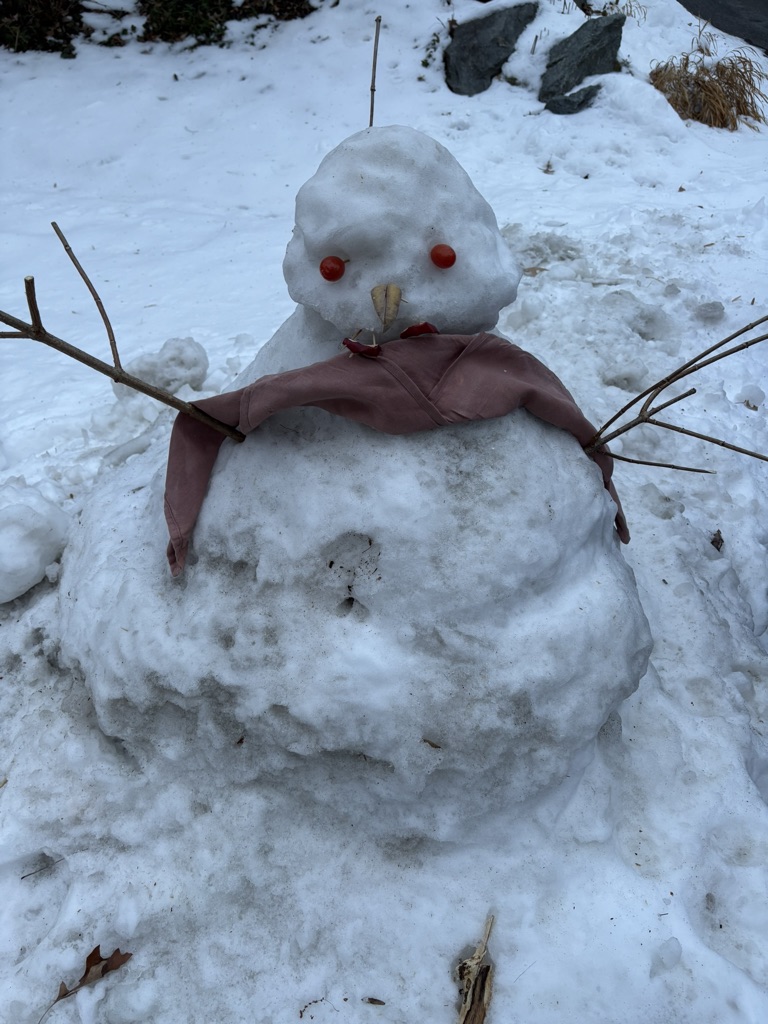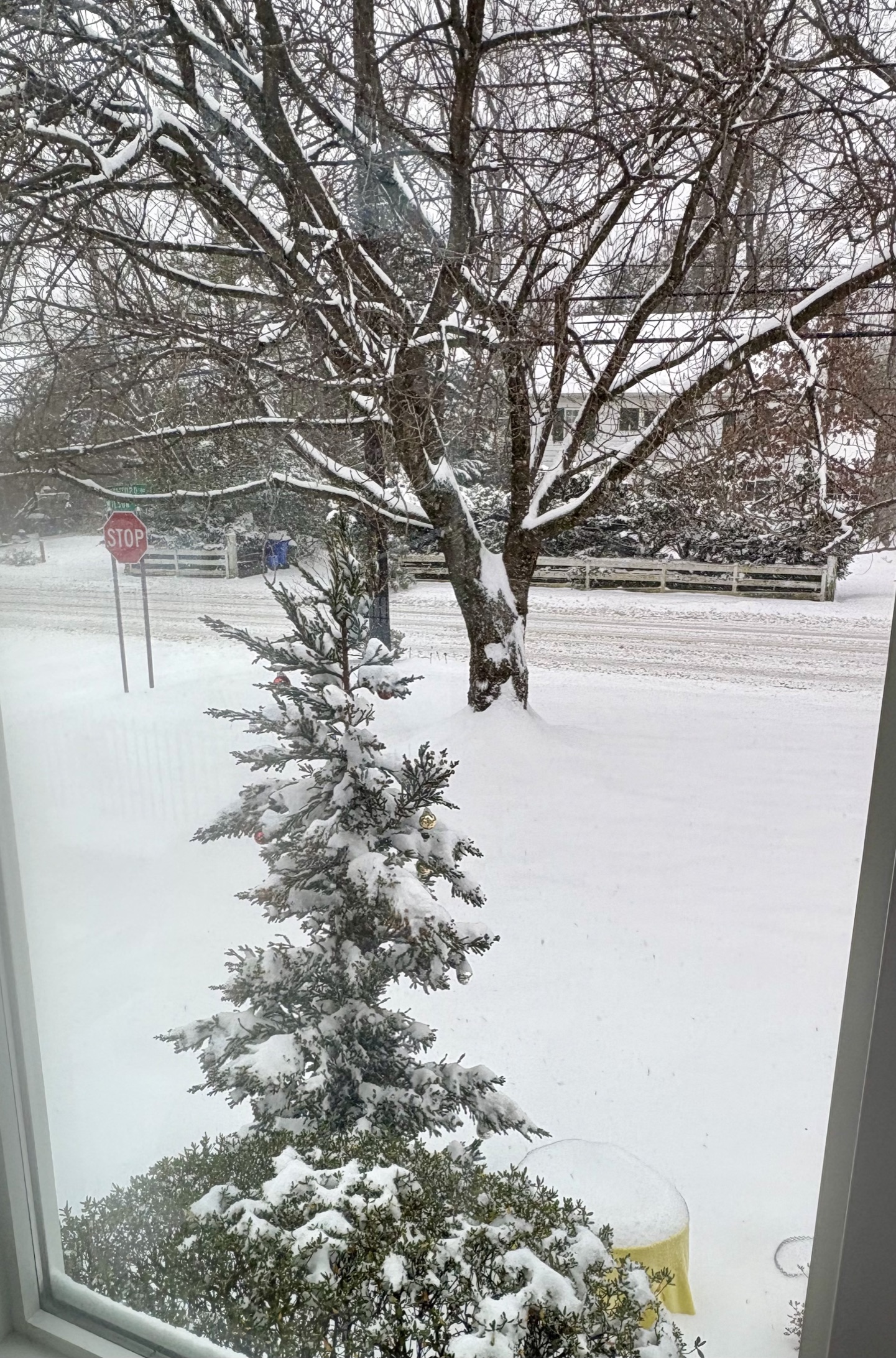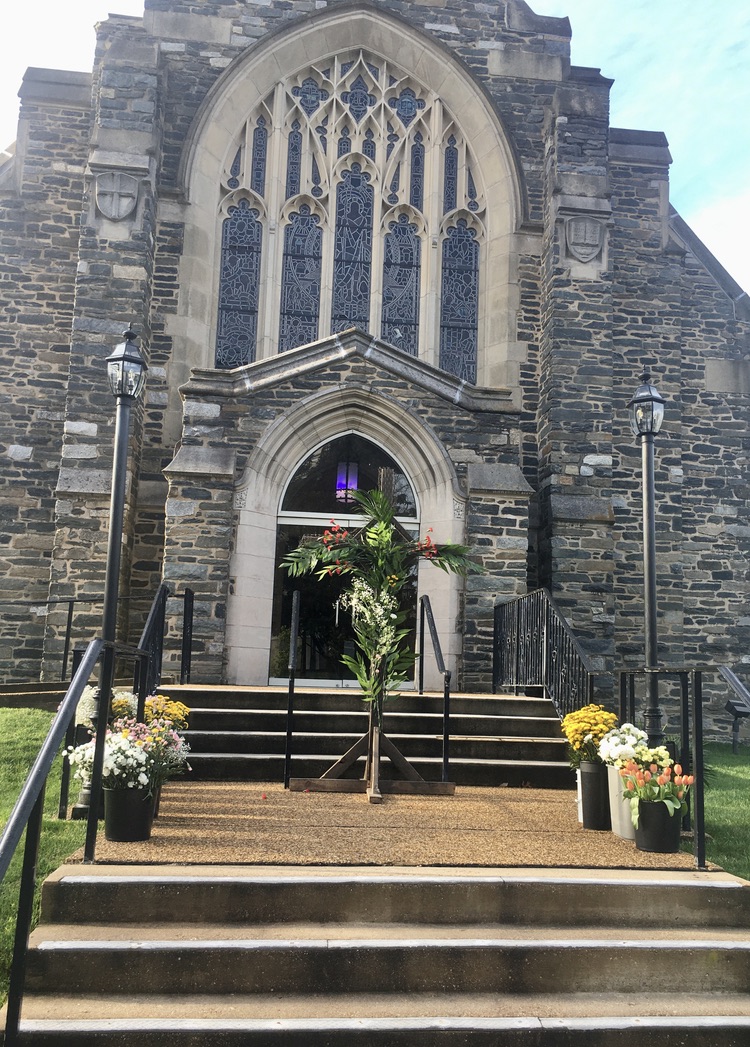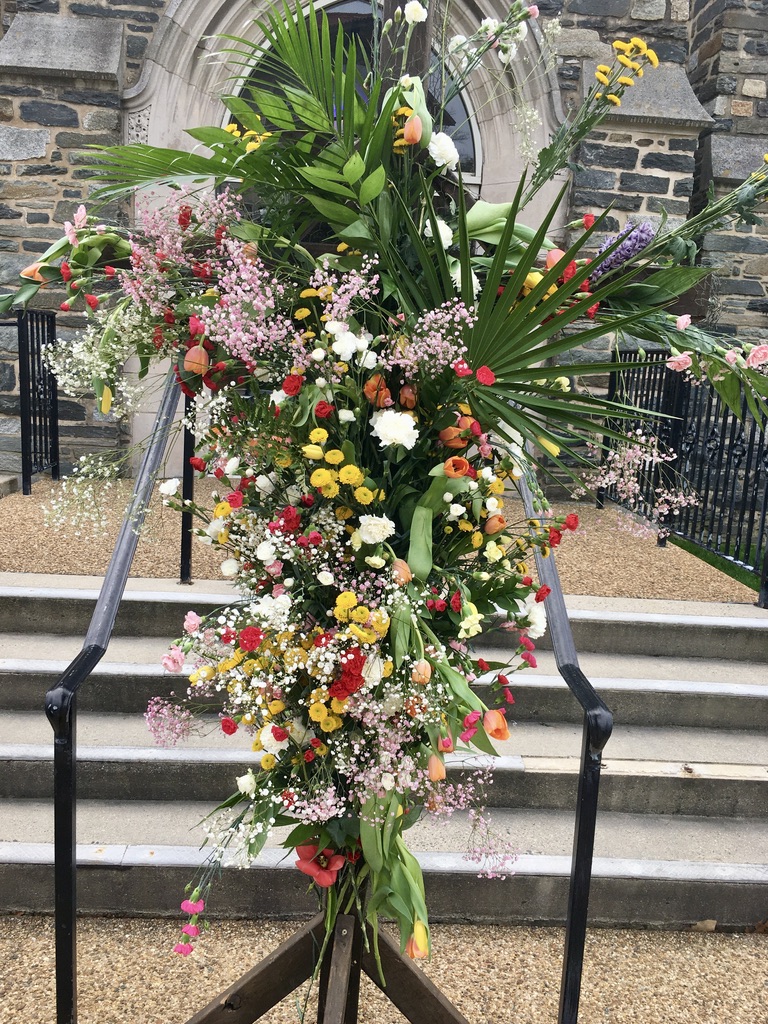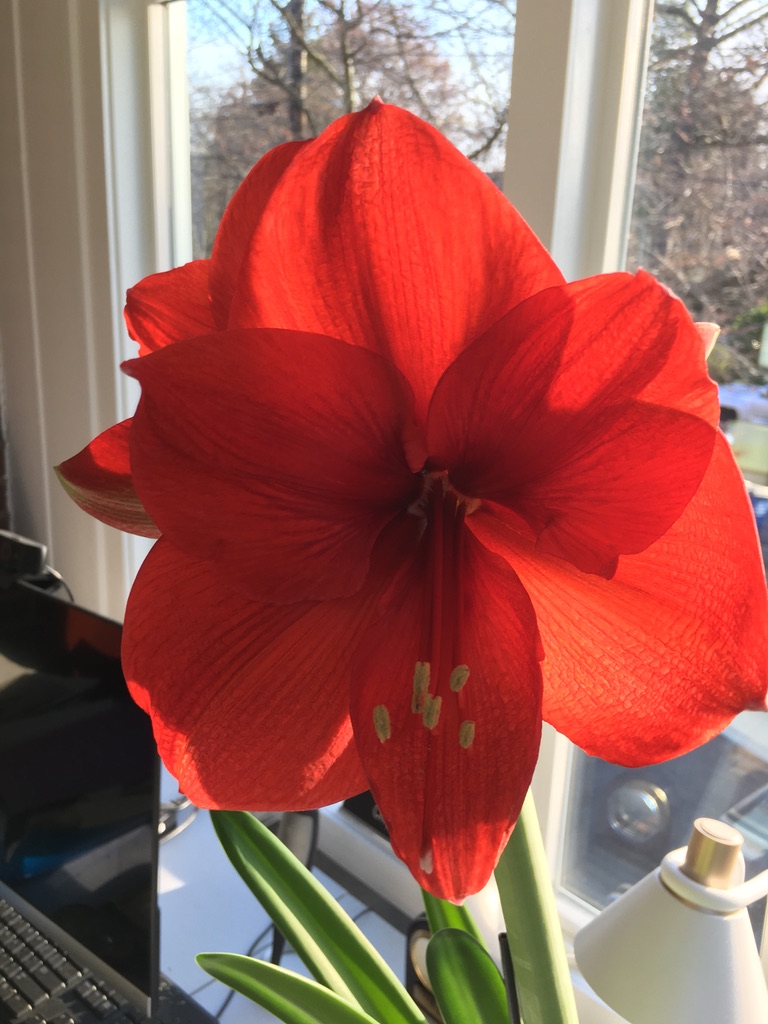by Leslie Pinckney Hill published in 1921
“Leslie Pinckney Hill was born in Lynchburg, Virginia, on May 14, 1880. He attended public schools in East Orange, New Jersey, before graduating Phi Beta Kappa from Harvard University with a bachelor’s degree in 1903. He earned a master’s degree a year later.”
In the foreword in the book this poem appears, Hill wrote, “Nothing in the life of the nation has seemed to me more significant than that dark civilization which the colored man has built up in the midst of a white society organized against it. The Negro has been driven under all the burdens of oppression, both material and spiritual, to the brink of desperation, but he has always been saved by his philosophy of life. He has advanced against all opposition by a certain elevation of his spirit. He has been made strong in tribulation. He has constrained oppression to give him wings.
“In such poems as ‘The Black Man’s Bit,’ I have desired to exhibit something of this indestructible spiritual quality of my race (during WW I). I trust that there may be in all at least an implied appeal to that spirit of human brotherhood by which alone the world must find the path to peace.” (Source: poets.org)
O there’s talk from school to pulpit, and the barber’s place is rife,
And the shoe shop and the supper table hum,
With the tale of Dixie’s black men who have shared the mighty strife
For that freedom of the better time to come.
Every mother’s eye is brighter, every father’s back is straighter,
And our girls are tripping lightly in their pride,
And by none except a Teuton, or a slacker, or a traitor,
Will the right to their elation be denied.
They said they were too slow, too dull, too this and that to do it,
They couldn’t match the method of the Hun,
And then to arm a million—why, the land would surely rue it
If a million blacks were taught to use a gun.
But right won out, and they went in at all detractors smiling;
They learned as quick as any how to shoot,
They took the prize at loading ships, and riveting and piling,
And trained a thousand officers to boot.
And when they went ’twas with a boon no others had been bringing,
For whether with a pick or with a gun,
They lightened every labor with a wondrous sort of singing,
And turned the pall of battle into fun.
O the Frenchman was a marvel, and the Yankee was a wonder,
And the British line was like a granite wall,
But for singing as they leaped away to draw the Kaiser’s thunder,
The swarthy sons of Dixie beat them all.
And now that they have helped to break the rattling Hunnish sabre,
They’ll trail the Suwanee River back again
To Dixie home, and native song, and school and honest labor,
To be as men among their fellow men.
No special thanks or praise they’ll ask, no clapping on the shoulder
They did their bit, and won, and all men know it
And Dixie will be proud of them, and grown a little older,
And wiser, too, will welcome them and show it.
A Contemporary Moment
I read this poem about wartime duty and on Monday, received these two pictures from an event at the Lincoln Memorial. It honored wounded Ukrainian soldiers sent to the US for treatment.
Hill’s words again:
“He has advanced against all opposition by a certain elevation of his spirit. He has been made strong in tribulation. He has constrained oppression to give him wings.”
And wiser, too, (we) will welcome them and show it.



